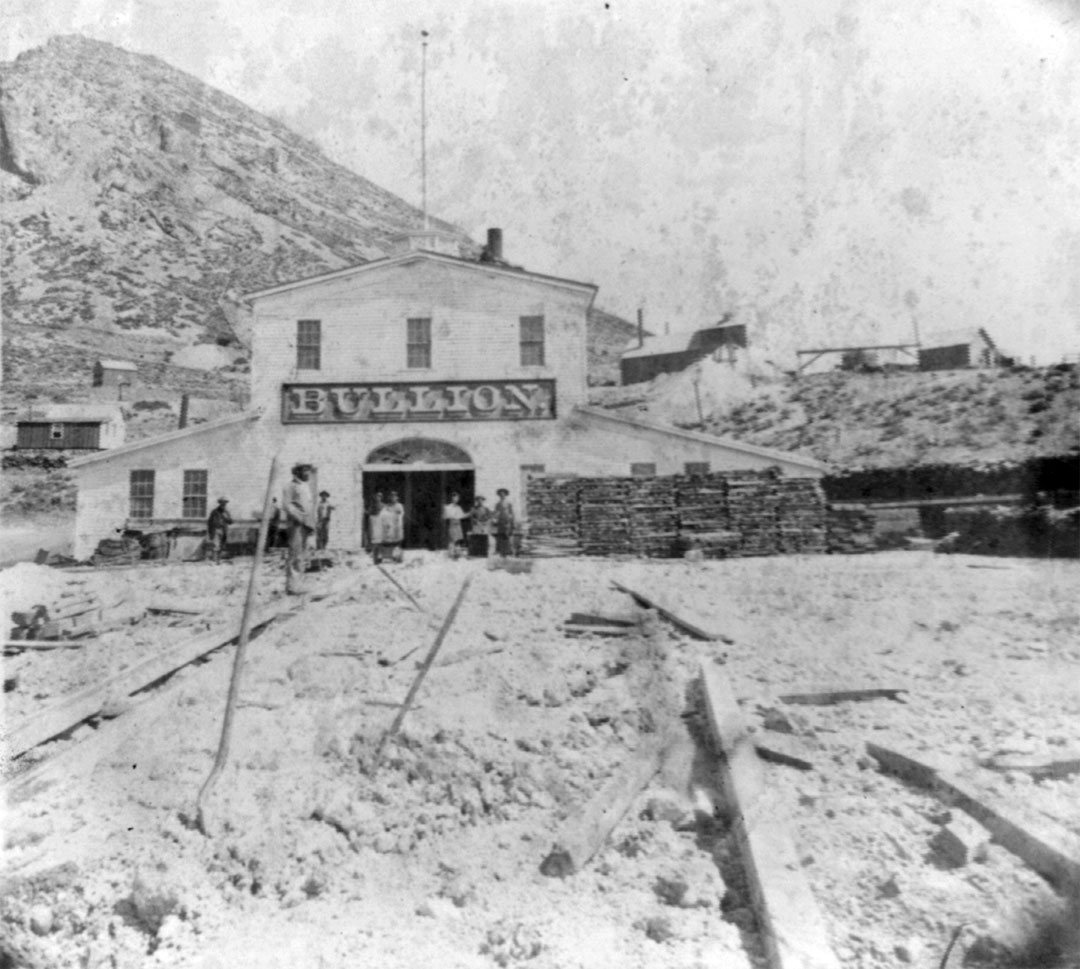Resumption of Specie Act

Gold Mine in Nevada
This act directed the Treasury Secretary to accumulate gold reserves sufficient to redeem all greenbacks (paper currency) tendered after January 1879. President Grant was a believer in hard money (i.e. that paper money should be backed by gold) and opposed the inflationary policies urged by supporters of soft money.
When the government ran out of gold or silver-backed money to fund the Civil War, it issued paper currency or greenbacks. During the war, the U.S. government issued over $300 million in greenbacks, which increased the money supply. After the Civil War, the money supply became one of the most contentious political issues, dividing people by regions as well as economic outlooks. Conservatives thought the issuance of this sort of money was dangerous, causing inflation and being immoral. The advocates of what became known as hard money considered it a moral crusade. When a hard money law was passed in one chamber of Congress, a Senator stated, “I think we shall all contemplate that the good triumphed over the bad.” By definition, those supporting soft money were considered immoral. The supporters of hard money claimed that the Panic of 1873 would never have happened but for the soft money policies that were in place. Supporters of hard money tended to be people who lived in the Northeast, while those who favored “soft money” came from the West and the South, regions that needed investments and thus easy access to money at low interest rates. The supporters of soft money blamed the Panic of 1873 on the shortage of funds available.
The Democrats tended to be supporters of soft money, while the Republicans opposed it. In the Congressional elections of 1874, the Democrats gained control of Congress. However, before they could exercise that control, the Republicans passed the Resumption of Specie Act in the lame-duck session of Congress. That act stated that the government had to buy back paper money on demand after January 1, 1879. The act was considered a compromise since it provided no mechanism for redeeming the greenbacks. The act did allow the government to acquire gold reserves. Finally, the bill allowed the government to issue new national bank notes, which would be backed by gold. For every 100 new banknotes issued, the government was forced to redeem 80 greenbacks. In the end, the impact of the law was limited.
 >
>